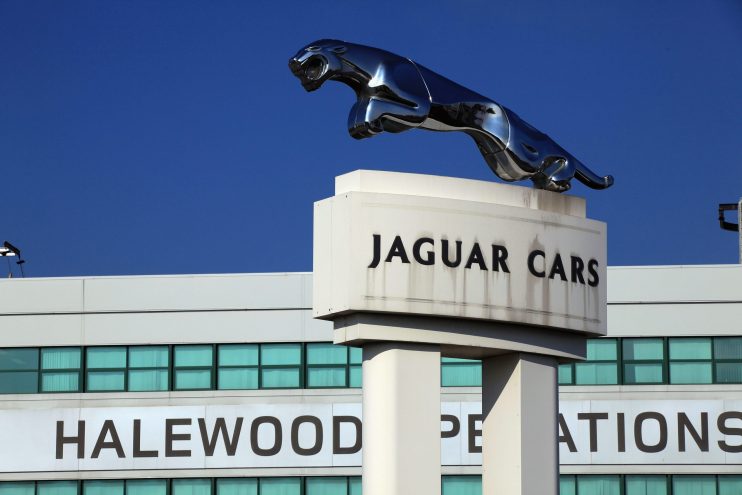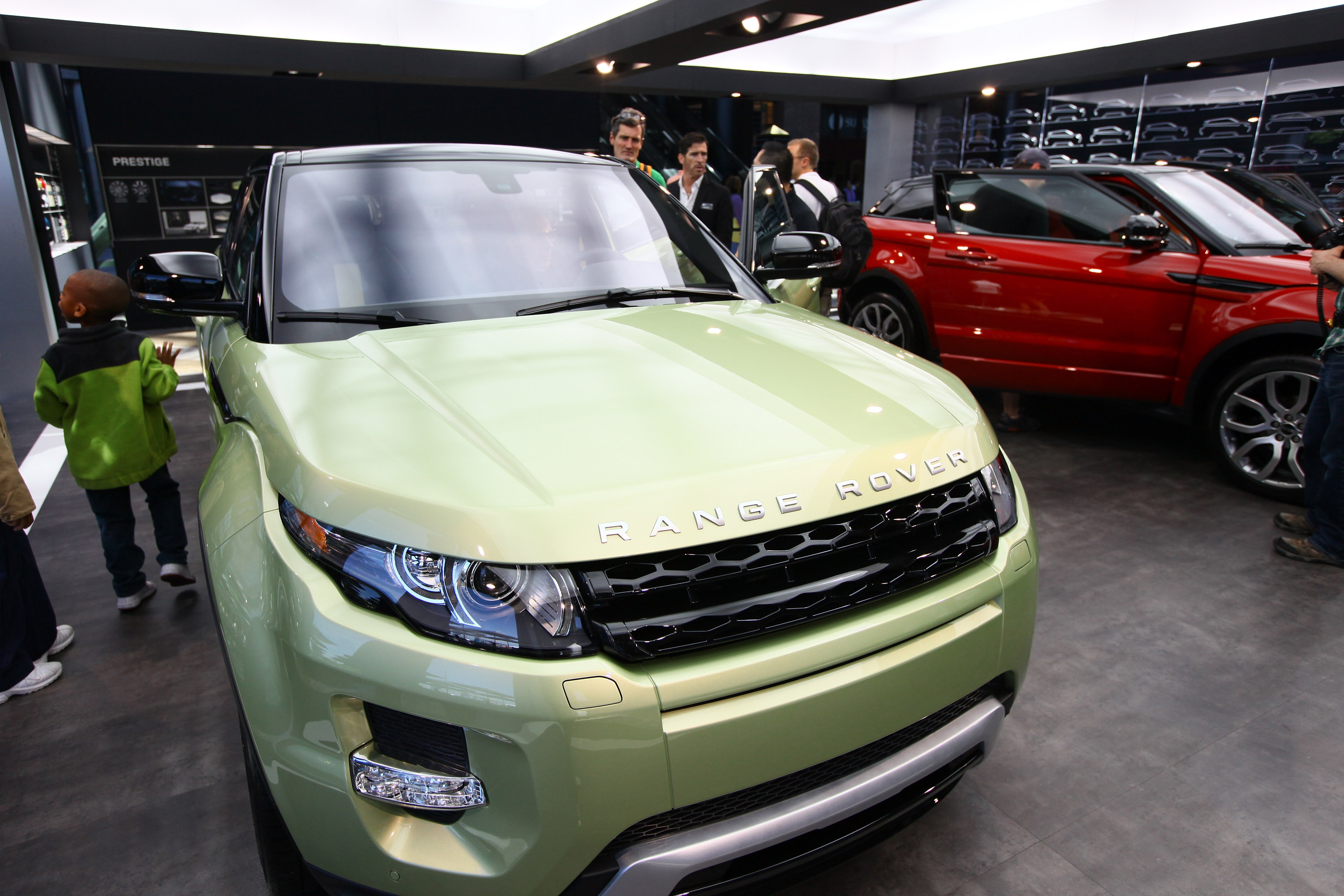Jaguar Land Rover cuts 500 jobs at factory near Liverpool in ‘further blow’ for UK car industry

Jaguar Land Rover has announced it is cutting 500 jobs from its Halewood factory, near Liverpool.
The car maker said it is “taking action to optimise performance, enable sustainable growth and safeguard the long-term success of our business”.
Jaguar Land Rover’s Halewood plant employs about 4,000 contracted workers, plus more than 1,000 agency staff.
They produce the Range Rover Evoque and the Land Rover Discovery Sport models.
The car maker had previously employed a 24-hour shift pattern at the site, comprising three shifts a day.
But it has decided this is not as efficient as it could be. Work is therefore being altered to a so-called “two-shift plus” pattern.
However, trade union Unite described the announcement as a “further blow to the UK car industry”.
The union said the move was a result of “ongoing macroeconomic uncertainty”.
They also blamed a “slower than forecast rate of growth” of the models built at the factory.
But Jaguar Land Rover said the move would deliver “significant operating efficiencies at the plant”.
This would in turn help it meet “growing customer demand” for the two models built on-site.
In the final quarter of 2019, year-on-year sales of both the Evoque and the Discovery Sport rose 30 per cent and 9.2 per cent respectively.
JLR said the move would not result in fewer cars being produced, insisting the decision was about efficiency, not loss of volume.

More UK car industry woes
The job cuts come amid a succession of dire warnings about the future of the UK automotive industry.
Over the weekend, influential trade body the Society of Motor Manufacturers and Traders (SMMT) slammed the government’s plan of “no alignment” with the European Union after Brexit.
SMMT chief executive Mike Hawes told chancellor Sajid Javid that the industry’s “priority” is to stay closely integrated.
This is because any disruption to the industry’s complex cross-border relationships could cost “billions,” he said.
Furthermore, the global automotive industry is undergoing a period of unprecedented upheaval.
Companies are grappling with the challenge of commercialising electric cars and self-driving technology.
At the same time, they are struggling to stem the flow of a damaging slowdown in sales.
British car sales slumped two per cent year-on-year to just 2.31 vehicles in 2019.
That capped the industry’s worst year since 2013, and the third drop in a row since Britain voted to leave the EU in 2016.